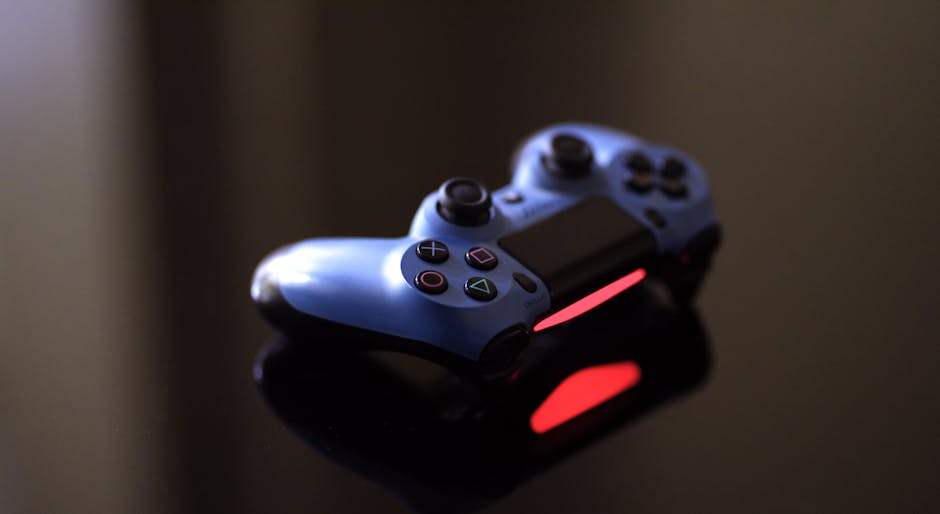- Get link
- X
- Other Apps
- Get link
- X
- Other Apps

A recent news snippet revealed a fascinating trend: a "メダルゲーム" (medal game) has been "自宅に再現" (recreated at home), and a "祖母熱中" (grandmother is enthusiastic) about it. As a game analyst and a dedicated gamer, this headline immediately caught my attention. It's more than just a heartwarming story; it's a powerful signal about the evolving dynamics of gaming, innovative entertainment, and the surprising expansion of player demographics.
The Innovation of "Home Recreation": Beyond Traditional Systems
When we talk about innovation in gaming, our minds often jump to cutting-edge graphics, complex AI, or groundbreaking VR technology. However, the concept of "自宅に再現" (recreating at home) a "メダルゲーム" represents a different, yet equally significant, form of innovation. It's not about a new console or a AAA title; it's about the democratization and customization of the gaming experience.
While the news doesn't detail the specifics of *how* this medal game was recreated, the very act suggests a blend of DIY spirit, engineering prowess, and a deep passion for the arcade experience. This could range from sophisticated custom builds to clever adaptations of existing home equipment. The innovativeness here lies in:
- Accessibility: Bringing a typically large, expensive, and public machine into a private, convenient setting.
- Personalization: The ability to tailor the game to one's preferences, perhaps even adjusting payout rates or game mechanics for pure enjoyment rather than profit.
- Challenging the Status Quo: It highlights that the "game center experience" isn't solely confined to dedicated venues; it can be manufactured and enjoyed anywhere with enough ingenuity.
Unpacking the "祖母熱中": A Shifting Demographic Landscape
The core of this story's impact lies with the "祖母熱中" – the enthusiastic grandmother. This isn't just an anecdotal quirk; it's a significant indicator for target player demographics. For too long, the gaming industry has often narrowly focused on younger audiences, particularly males. This news challenges that perception directly:
Nostalgia and Enduring Appeal:
Many older generations grew up with arcades as a prime form of entertainment. "メダルゲーム" offer a unique blend of simple mechanics, immediate feedback, and the thrill of a potential "payout." For grandmothers, this could tap into a powerful sense of nostalgia, rekindling fond memories of youth or family outings.
Casual, Low-Pressure Fun:
Unlike competitive esports or complex RPGs, medal games offer a low-stakes, relaxing, and often meditative experience. The joy comes from the simple act of playing, collecting, and watching the mechanisms work, making it incredibly appealing to those seeking pure entertainment without intense cognitive load or reflexes.
Multi-Generational Engagement:
A home medal game isn't just for the grandmother. It instantly becomes a focal point for family interaction. Grandchildren, children, and friends can all gather around, sharing in the excitement, turning the home into a mini-arcade and fostering unique bonding opportunities.
This demographic insight underscores the vast, untapped potential in the senior gaming market, a segment increasingly recognized for its interest in accessible and engaging digital and physical entertainment.
Industry Impact: What This Means for Arcades and Developers
From an industry perspective, the "自宅に再現" phenomenon, especially with such an enthusiastic player, carries several implications:
A Call for Home-Friendly Arcade Experiences:
This could spur game developers and arcade machine manufacturers to explore more compact, consumer-friendly versions of popular arcade games. Imagine official "mini" medal games designed for living rooms, or even digital versions that perfectly capture the physical thrill.
Revisiting Arcade Business Models:
While arcades offer a unique social and large-scale experience that's hard to replicate, the home recreation trend suggests a desire for convenience. Arcades might need to innovate further, perhaps by offering subscription models for home versions, or by focusing on exclusive, high-tech experiences that cannot be replicated at home.
The Enduring Power of Physical Play:
In an age dominated by screen-based gaming, the appeal of a tangible, mechanical "メダルゲーム" highlights that physical interaction and tactile feedback remain incredibly powerful. This could inspire developers to think about hybrid digital-physical games or devices.
Broadening Marketing Horizons:
The "祖母熱中" story is a clear signal that marketing efforts for certain types of games should extend beyond typical demographics, embracing older players and the unique appeal that brings them to gaming.
As a Gamer: The Pure Joy of the Payout
As a gamer, the idea of having a "メダルゲーム" "自宅に再現" resonates deeply. There's a particular kind of joy in these games – the rhythmic clinking of the tokens, the anticipation as the machine works its magic, and the satisfying cascade of medals when you hit a jackpot. At home, this experience is amplified. You're not worrying about money changing hands, or the next player waiting. It's pure, unadulterated fun, a personal slice of arcade heaven.
The satisfaction of building or acquiring such a machine, and then seeing someone, especially a grandmother, derive so much happiness from it, speaks volumes about the universal appeal of play. It's a reminder that gaming, at its heart, is about connection, challenge, and the simple pleasure of engaging with a system designed for delight.
Conclusion
The story of a grandmother's enthusiasm for a "メダルゲーム" recreated at home is far more than a charming anecdote. It's a vivid snapshot of gaming's future: more accessible, more diverse in its demographics, and increasingly integrated into our personal spaces. It challenges industry norms, spotlights the power of nostalgia, and reaffirms the timeless appeal of tactile, engaging play. This trend could very well be a catalyst for new product lines, innovative business strategies, and a broader appreciation for who "gamers" truly are.
- Get link
- X
- Other Apps
Comments
Post a Comment